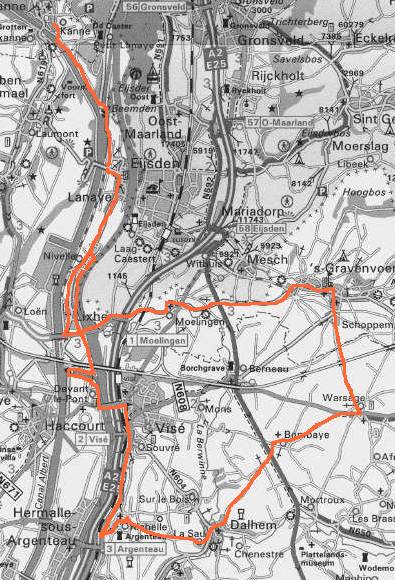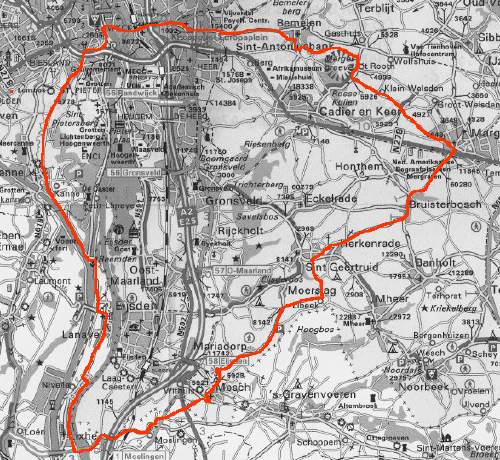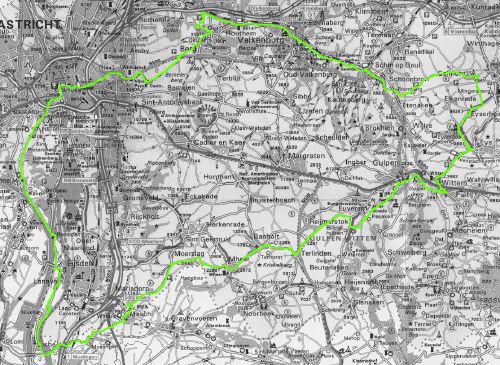‘Here the etymology of the word studium becomes clear. It goes back to a st- or sp- root indicating a crash, the shock of impact. Studying and stupefying are in this sense akin: those who study are in the situation of people who have received a shock and are stupefied by what has struck them, unable to grasp it and at the same time powerless to leave hold. The scholar, that is, is always “stupid”.’
Giorgio Agamben, The Idea of Prose, SUNY Press, 1995 (1985), p. 64.
‘Only on the day when the original infantile openness is truly, dizzingly taken up as such, when time has come to fullness and the child Aion has wakened from and to his game, will men be able finally to construct a history and language which are universal and no longer deferrable, and stop their wandering through traditions. This authentic recalling of humanity to the infantile soma is called thought — that is, politics.’
Giorgio Agamben, The Idea of Prose, SUNY Press, 1995 (1985), p. 98.
(That’s your Agamben: out of the blue referring to some very obscure mythological character (Aion, apparently a son of Kore/Persephone). Question: does the meaning of this sentence change, when you leave Aion out of it? I’d say the (poetic) network of references becomes less dense, yes. But skipping Aion, one can still get at Agamben’s ‘point’. And his messianistic (?) idea of a coming community).
‘But if quotation marks are a summons against language, citing it before the tribunal of thought, the proceedings of this trial cannot remain indefinitely adjourned. Every completed act of thought, to be such — to be able, that is, to refer to something standing outside of language — must work itself out entirely within lanuage. A humanity able to talk only within quotation marks would be an unhappy humanity that, by dint (= the effort, AA) of thinking, had lost the capacity to carry thought through to a conclusion.
Giorgio Agamben, The Idea of Prose, SUNY Press, 1995 (1985), p. 104.


